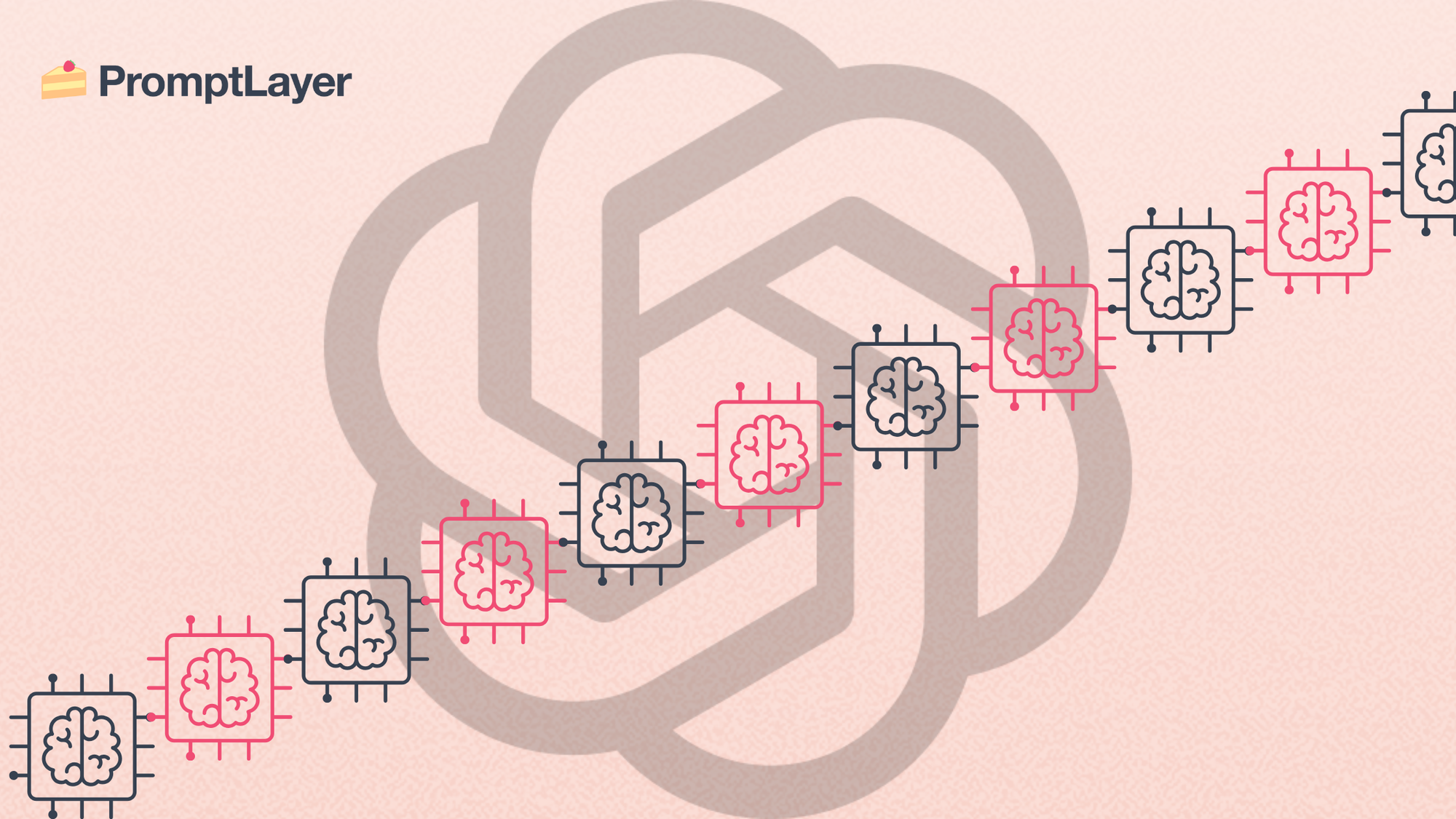OpenAI Agents SDK: Features, Architecture, and Alternatives for Building Intelligent AI Agents

Artificial intelligence agents have moved from theory to practice, becoming integral in business, research, and everyday applications. The OpenAI Agents SDK is a Python-based toolkit that enables developers to create, manage, and scale intelligent autonomous systems efficiently. Released in early 2025, this open-source SDK offers a flexible, safety-conscious, and rapid development environment for orchestrating multi-agent workflows.
Why the OpenAI Agents SDK Matters
Among a crowded field of frameworks, the OpenAI Agents SDK distinguishes itself with its emphasis on clarity and efficiency. Its lightweight yet robust design allows developers to build and scale autonomous agents without unnecessary overhead. By centering on Python, a language familiar to most AI practitioners, the SDK reduces the learning curve and accelerates project timelines.
Supercharge Your Prompt Engineering with PromptLayer
PromptLayer offers a powerful suite of tools designed for both developers and non-technical team members, making it easy to organize, test, and deploy prompts with confidence.
Instantly access version control, batch evaluations, A/B testing, and detailed analytics—all from an intuitive dashboard that integrates seamlessly with platforms like OpenAI and LangChain.
Whether you’re refining prompts for a production system or collaborating across teams, PromptLayer’s modular architecture and synthetic evaluation tools help you iterate faster and ensure quality at every stage.
Experience the ease of a dedicated prompt CMS, keep your workflow agile, and ship better LLM solutions in record time.
Key Features That Set It Apart
Minimalist, Production-Ready Design
The SDK provides a set of core, minimalist building blocks that support complex workflows right from the start. Developers can quickly transition from concept to deployment, making it ideal for production environments where reliability and speed are essential.
Python-Centric Approach
Avoiding specialized frameworks and convoluted dependencies, the SDK leverages Python’s straightforward syntax. This design choice makes advanced AI development accessible to both experienced Python users and those new to the language.
Built-In Agent Loop
At the heart of the SDK is the agent loop—a mechanism that manages the iterative processes central to autonomous agents. This loop handles tasks such as tool invocation, response evaluation, and decision-making cycles, automating repetitive orchestration so developers can focus on higher-level system design.
Effortless Function Tools
Transforming a Python function into an AI-capable tool is as simple as applying a decorator. This feature lets developers integrate business logic, API calls, or data processing routines without rewriting core components, combining flexibility with simplicity.
Intelligent Handoffs for Collaboration
Real-world tasks often require multiple specialized agents. The SDK supports handoffs, which are mechanisms for delegating tasks between agents with different expertise. This enables seamless collaboration, whether automating customer support or coordinating multi-step research projects.
Built-In Safety Guardrails
Trust and reliability are foundational. The SDK includes real-time validation and safety checks—known as guardrails—to help prevent hallucinations and ensure consistent outputs. These features support responsible AI development as a standard, not an afterthought.
Tracing and Debugging Tools
Developers can visualize agent interactions and monitor execution in real time. The SDK’s tracing and debugging capabilities make it easier to identify issues, understand agent decisions, and optimize workflows.
Deep Integration with OpenAI Responses API
The SDK integrates closely with the OpenAI Responses API, providing access to external tools such as web search, file retrieval, and system controls. This compatibility extends agent capabilities far beyond language processing.
Under the Hood: Architecture That Enables Modular Intelligence
The OpenAI Agents SDK is built for modularity and scalability. Its architecture includes several key components:
| Component | Description |
|---|---|
| Agents | Language models with specific instructions and toolkits |
| Tools | External functions, APIs, data pipelines, or custom logic |
| Handoffs | Task delegation mechanisms between specialized agents |
| Guardrails | Real-time safety and validation systems |
| Tracing | Visualization and debugging tools for workflow insight |
Each component serves a distinct role, allowing developers to combine and adapt them as needed. This modularity supports systems that can evolve and scale with changing requirements.
Compatibility and Integration
The SDK is designed for flexibility. It supports OpenAI models like GPT-4.1, GPT-4.5, and GPT-4o via the Responses API. Additionally, it can integrate with models from other providers, as long as they offer compatible interfaces, broadening its applicability.
Resources for Developers
To support learning and adoption, the SDK ecosystem includes:
- Step-by-step guides for building multi-agent systems
- Practical examples covering research, customer support, web crawling, and team collaboration
- Comprehensive documentation with sample code and best practices for all experience levels
Comparing Alternatives and Complementary Tools
PromptLayer
While the SDK focuses on orchestrating agents, PromptLayer specializes in prompt management—offering version control, collaboration, and systematic evaluation. Used together, they enhance both prompt quality and agent workflow efficiency.
Other Frameworks
Alternative frameworks exist for multi-agent orchestration and modular AI design. However, the OpenAI Agents SDK stands out for its seamless integration with OpenAI’s latest models and its comprehensive safety features. For developers prioritizing responsible AI and deep OpenAI compatibility, it remains a leading choice.
Conclusion
The OpenAI Agents SDK offers a practical, modular, and safety-focused approach to building intelligent autonomous agents. Its Python-first design, robust architecture, and built-in safeguards empower developers to create adaptable, real-world AI systems. For those aiming to build multi-agent solutions that are both powerful and responsible, this SDK provides a solid foundation.
About PromptLayer
PromptLayer is a prompt management system that helps you iterate on prompts faster — further speeding up the development cycle! Use their prompt CMS to update a prompt, run evaluations, and deploy it to production in minutes. Check them out here. 🍰



